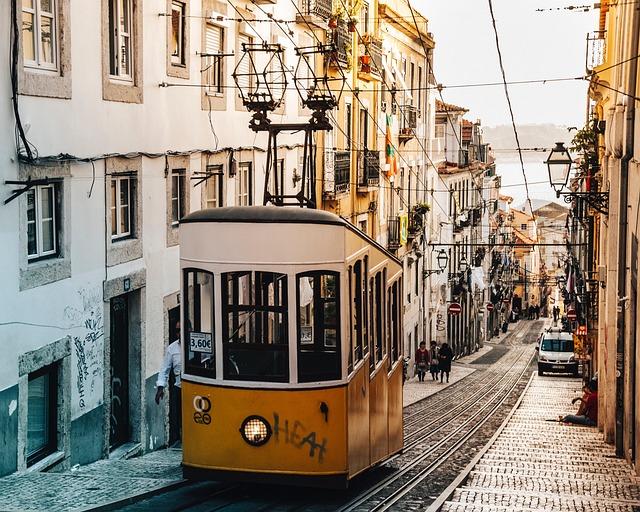The Politics of Public Transportation in Pakistan
Public transportation is a vital aspect of urban life, affecting millions of commuters daily. In Pakistan, however, the politics surrounding public transportation is incredibly multifaceted, shaped by socio-economic factors, governmental policies, and public demands. This article delves into the intricacies of public transportation politics in Pakistan, exploring key issues, benefits, and real-life implications for the population.
Understanding the Landscape of Public Transportation in Pakistan
Pakistan has a diverse range of public transportation options, including buses, rickshaws, and trains. Each mode faces unique challenges that intertwine with the political landscape. Major cities like Karachi, Lahore, and Islamabad showcase varying levels of infrastructure, influenced by political will and resource allocation.
Current Modes of Public Transport
- Buses: The backbone of urban transport, but often overcrowded and poorly maintained.
- Rickshaws: A popular choice for short distances, yet largely unregulated.
- Trains: A long-standing option, facing issues of efficiency and safety.
Political Influence on Public Transportation
The politics of public transportation in Pakistan involves various actors, including government bodies, private businesses, and civil society. Changes in leadership can significantly alter public transportation projects and policies.
Key Political Challenges
- Corruption: Funding misappropriation and inefficiencies hinder the development of transportation projects.
- Policy Discontinuity: Political changes can lead to policy reversals, affecting ongoing projects.
- Lack of Regulation: Insufficient oversight results in safety concerns and poor service standards.
Benefits of a Robust Public Transportation System
Improving public transportation should be a political priority due to its extensive benefits:
- Economic Growth: Efficient transit systems increase accessibility to jobs and markets.
- Environmental Impact: Better public transport can reduce traffic congestion and lower emissions.
- Social Equity: Accessible transportation promotes social inclusion and equality.
Case Studies: Successful Transportation Projects in Pakistan
Despite the challenges, several successful public transportation projects illustrate the positive impact of political will.
Metro Bus in Lahore
The Lahore Metro Bus System has significantly improved traffic flow and accessibility for its users, becoming a model for public transport in Pakistan.
Karachi Circular Railway
After decades of neglect, efforts to revive this once-vibrant train system are underway, with governmental guarantees motivated by public demand.
First-Hand Experience: Commuter Testimonials
It’s vital to understand the real-world implications of transportation politics through the experiences of everyday commuters. Here are some voices from the streets:
“The Metro in Lahore saves me an hour daily, but I worry about its sustainability with the current power cuts.” – Ali, 31, Business Professional
“The lack of proper regulations makes me feel unsafe in rickshaws. I wish there were more strict policies.” – Aisha, 27, University Student
Practical Tips for Commuters
While political changes can be unpredictable, commuters can adopt several strategies to navigate the existing public transportation system effectively:
- Stay Informed: Follow local news for updates on transportation policies and schedules.
- Advocate for Change: Join community forums to voice transportation issues with local governance.
- Use Technology: Apps for ride-hailing and real-time transit updates can make commuting easier.
Conclusion
The politics of public transportation in Pakistan illustrates a complex interplay of governance, economics, and public need. As stakeholders work towards improving the system, it remains imperative for citizens to engage in the conversation. By advocating for better services and holding leaders accountable, the people of Pakistan can embrace a more efficient and equitable public transportation system.



